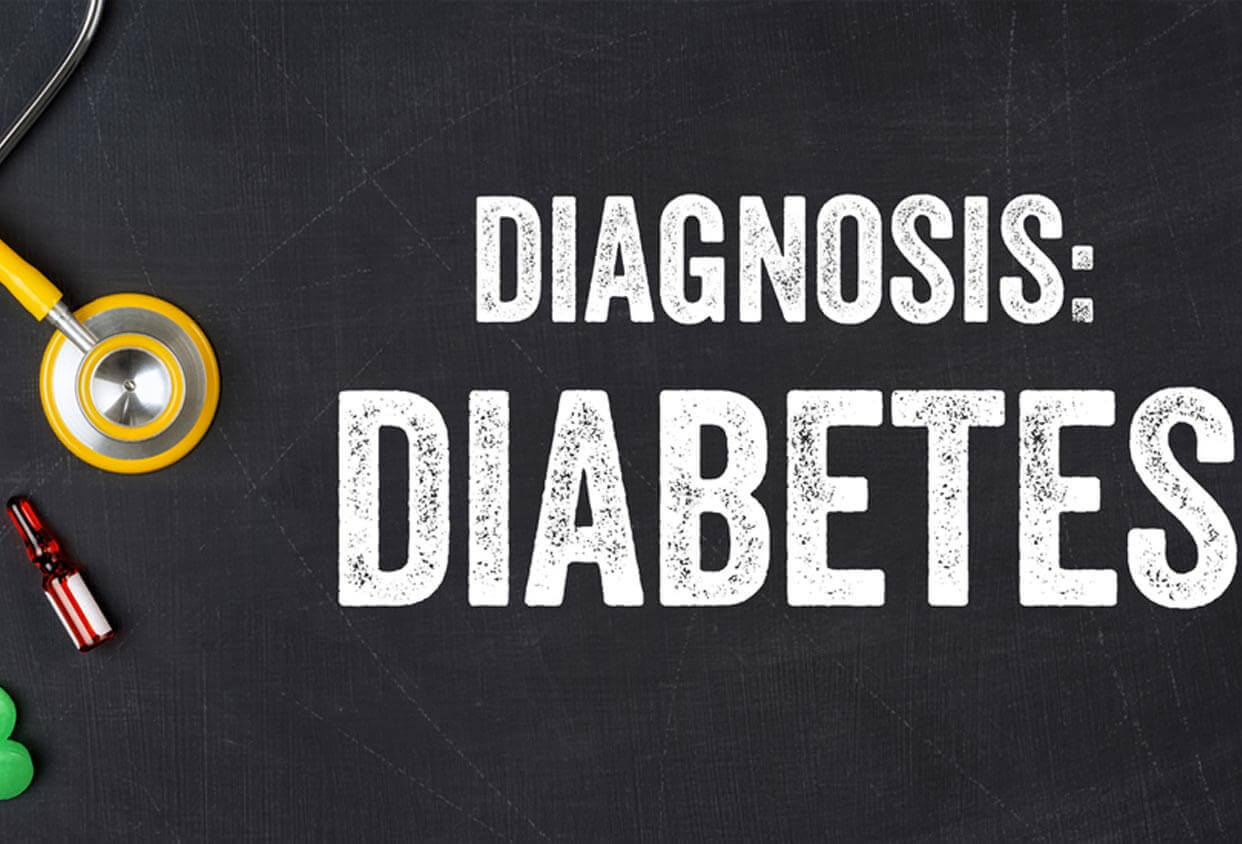Diabetes is a scary word. Whether you are struggling with Type 1 or Type 2, or you are just worried about diabetes in general, there is much that goes into this fear. Without being able to understand the subtle – and not so subtle – differences between these two very distinct types of diabetes, it can create even more panic and worry. Especially if you need a quality diabetes specialist.
At the office of Dr. Gura, we are passionate about providing accurate, helpful, and resourceful information. We deal with diabetic patients daily, and we’ve found firsthand that understanding and informing can really go a long way.
Together, we’ll examine some of the most important differences between Type1 and Type 2 diabetes. Follow along with the guidelines, below, and be sure to reach out to your diabetes specialist if you have more questions.
It’s All About Insulin
When it comes down to it, it’s about insulin. Type 1 Diabetes defines people who cannot produce enough insulin. Type 2 Diabetes, on the other hand, defines people who do not react to insulin regularly. In both cases, medical assistance and treatment is needed.
According to Healthline, both types of Diabetes are chronic diseases because insulin controls glucose intake, blood sugar levels, and much more. Without regulating them, patients can suffer deadly effects.
Understanding the different symptoms and diabetes treatment options can bring patients closer to understanding and peace. The biggest thing we want to encourage you to do is not to worry, as treatment is very achievable and realistic no matter what type of Diabetes you’re diagnosed with.
Overall Symptoms
Some of the most common symptoms of diabetes include:
- Improper healing of cuts, bruises, sores, or wounds
- Frequent urination
- Constant hunger
- Constant thirst
- Constant fatigue
- Feeling weak or having a lack of energy
- Having blurry or unfocused vision
Depending on your specific type of Diabetes, you may experience additional or occasional symptoms such as:
- Irritability
- Mood swings
- Tingling in the hands and feet
- Swelling in the fingers or toes
In most cases, patients with Type 1 Diabetes will have developed it as a young child. However, you can still develop it at any stage in life. Type 1 Diabetes also tends to show symptoms very fast, as the disease progresses quickly. Those with Type 2 Diabetes may have a different slowly. This disease can develop slowly over time, until certain conditions begin to show themselves.
Diagnosis and Treatment
Those with Type 1 Diabetes must undergo a few different lifestyle and treatment changes in order to receive the best care. Taking insulin shots regularly, for example, is something that patients must expect. You may also be asked to undergo frequent blood tests to monitor your status.
Type 2 Diabetes requires constant monitoringand treatment. Those who are obese are more likely to develop this disease, which resists the insulin your body produces. You may need to be put on a strict diet regimen so that the conditions do not progress, and you can still maintain a good quality of life.
Make an Appointment with a Diabetes Specialist
If you feel like you may be experiencing some of the early symptoms of either Type 1 or Type 2 Diabetes, it’s important to get in touch with your doctor right away. Dr. Gura specializes in Diabetes treatment and care, ensuring that the very best plan is set up for your future. Be sure to take a look at our diabetes servicesso you can understand exactly how our specialties will help with your diagnosis and treatment. To make an appointment, or to understand next steps, please reach out to us at any time. You can contact us online or call our front office at (310) 550-6240.

